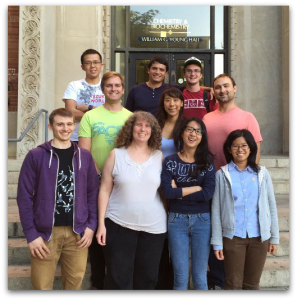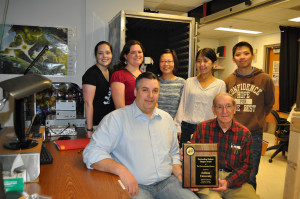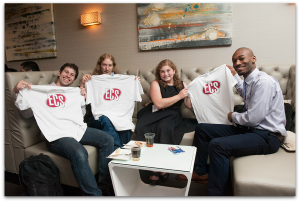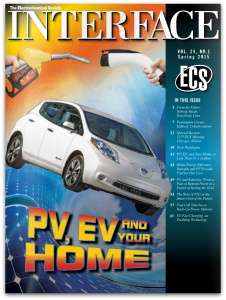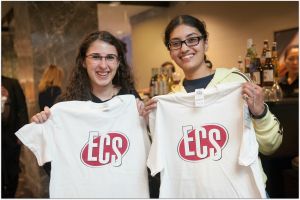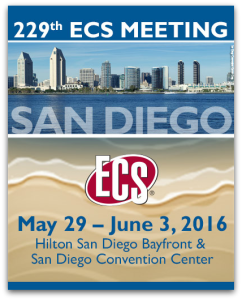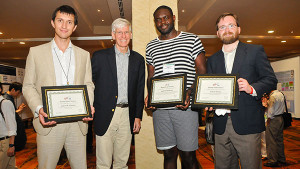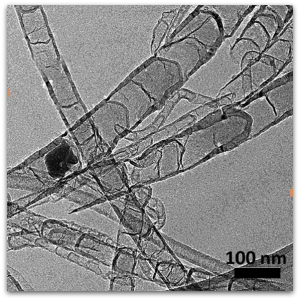
The new, inexpensive catalyst could lead to the transformation of CO2 into green fuel.
Image: Angewandte Chemie
On a global scale, carbon dioxide (CO2) is the number one contributor to dangerous greenhouse gas emissions. Increasing levels of CO2 accelerate the devastating effects of climate change, such as rising sea levels and a higher global temperature. In order to reduce these emissions, researchers are tackling projects from the implementation of a clean energy infrastructure to scrubbing CO2 from the atmosphere. The researchers from the University of South Carolina are exploring even another innovative way to reduce CO2 emissions by turning the harmful byproduct into fuel.
The team, led by ECS member Xiao-Dong Zhou, is looking for a way to harness CO2 emissions that already exist in the environment and use green technologies to inject energy and produce fuel.
Making Green Fuels
While 100 percent renewable energy may be the ultimate answer for the energy infrastructure, it is difficult for industrialized countries that heavily depend on traditional combustion technologies to make that transition so rapidly. The implementation of wind and solar technologies on the large scale also raises question to grid efficiency, reliability, and storage.
One solution to this issue is by using technologies such as solar and wind to turn harmful CO2 emissions into clean, usable fuels.


